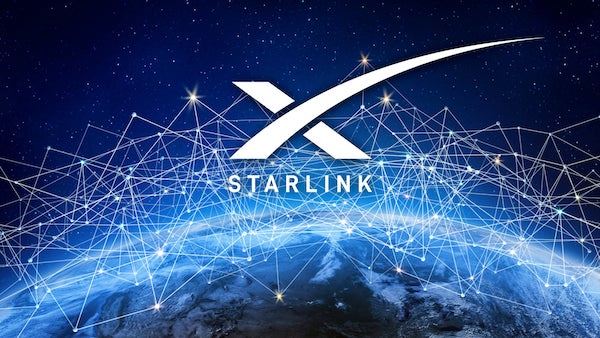This article is not about any of the "normal" topics of this newsletter: genealogy, history, current affairs, DNA, and related topics. However, it is a major item I am considering right now and I think maybe others are having similar thoughts.
If you have any experience with modern Satellite Internet connections (primarily with Starlink), I would love to hear about your experiences.
Satellite internet has never been anyone’s first choice regarding internet connectivity. Traditionally, these services have offered a small amount of bandwidth and a large amount of latency. Some years ago when I was living and traveling in a recreational vehicle, (often called an RV) I investigated satellite internet connections. I soon gave up on it because of all the reports I read about slow connections, high latency (read more about latency at https://www.satelliteinternet.com/resources/what-is-internet-latency/), no signals at all in many RV campgrounds, and high expenses. It seems to appeal mostly to extremely rural clients. It’s no wonder that satellite internet has not really been on the average person’s radar.
I soon rejected the idea.
In addition, while internet connectivity in my new home is fast when it works, the local hard-wired service in my area is plagued with frequent outages.
However, a new satellite provider is now available in many areas and reportedly may solve some of these issues. The new provider is Starlink (https://www.starlink.com/), a company invented by and owned by, Elon Musk.

I am again considering satellite internet here at home. The recent internet outage during and after Hurricane Ian simply added to my wondering about the feasibility of satellite internet service.
Unlike traditional satellite connections, Starlink uses satellites only about 340 miles above the Earth, and rather than a single satellite, it uses a constellation of thousands that can all speak to each other. This means (in theory) that you can have bandwidth and latency similar to a terrestrial broadband connection, and it comes with comparable installation and subscription costs too.
The key phrase in that previous paragraph is "in theory." After spending hundreds or perhaps even thousands of dollars in hardware, a satellite dish on the roof, and the labor of installation, will Starlink really deliver on its theoretical advantages?
Depending on my budget, it could make sense to purchase Starlink (or similar) satellite hardware could be installed as a backup solution or, should a service like Starlink prove good enough, I could skip all those earthly concerns entirely and use the technology as my primary internet connection.
High-speed, low-latency broadband Starlink internet is now available in many areas (see https://www.starlink.com/map to see it it is available in your area). The quoted price is $110 U.S./month with a one-time hardware cost of $599. Starlink offers unlimited high-speed data through an array of small satellites that deliver up to 150 Megabits per second (Mbps) of internet speed. The company plans to double this rate in the coming months.
People on the road in RVs or on board boats and yachts can now get access to the Starlink RV service for $135 per month plus $599 for the hardware.
Note: While described as "high-speed data," 150 Megabits per second is slower than what I presently have with a local wired Internet provider, when it is working.
You can read more about Starlink's service in an article by Kinza Yasar at: https://www.techtarget.com/whatis/definition/Starlink.
So, here are my questions:
- Is Starlink reliable?
- Is Starlink worth the money?
- Are you happy with Starlink as a provider of internet service?
- If you had to do it all over agin, would you still sign up with Starlink?
- If you do not presently use Starlink, are you considering using it in the near future?
Please post your comments at the end of this article.
Update: Here are a few additional words I added a few hours after posting the above article: I really do not care much about television coverage. I rarely turn the TV on. However, I do tend to spend several hours online on the internet most every day.
Update #2: November 8, 2022: See my latest thoughts in an article at https://eogn.com/page-18080/12982179